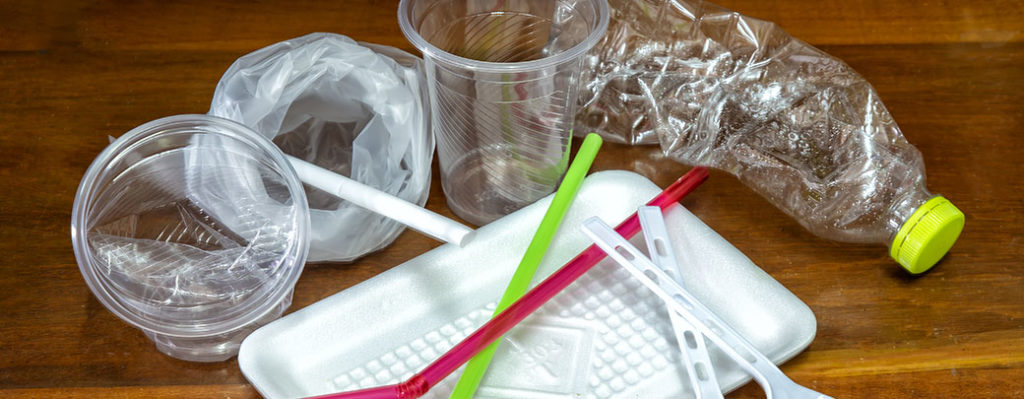Federal government commits to a national approach to address plastics pollution
October 7, 2020
As of October 7, 2020, the Minister of Environment and Climate Change, the Honourable Jonathan Wilkinson, announced the Government of Canada’s plan to address plastic pollution, including a ban on harmful single-use plastic items by the end of 2021.
Previously, the federal government worked with provinces and territories to establish a goal of zero plastic waste by 2030. Yesterday’s announcement reinforces this commitment and outlines the plan to address the “most harmful single-use plastics” while improving the way other plastics are managed throughout their lifecycle.
This announcement is important for retailers of all sizes, regardless of what you sell, with food services expected to be the most impacted: businesses will not be able to supply the banned materials in Canada and will need to source alternatives, such as reusable and/or paper bags. It will also be important for retailers to consider their locations as some municipal ban by-laws may remain in effect, if the municipal scope goes beyond the federally banned items. Despite this, a federal ban will help promote harmonization across Canada.
The announcement and recently published discussion paper include the following approaches:
Banning harmful single-use plastics items
The government is proposing a ban on six harmful single-use plastic items through Schedule 1 of the Canadian Environmental Protection Act (CEPA). When implemented, Schedule 1 will deem the following items as toxic and give the government jurisdiction for a federal ban.
- Plastic Check-out bags
- Plastic Utensils
- Six-Pack Rings
- Plastic Straws
- Stir Sticks
- Foodware made from problematic plastics (e.g., polystyrene)
Single-use plastic items were identified using the following key characteristics:
- Harmful in the environment
- Difficult or costly to recycle
- Readily available alternatives exist
Establishing performance standards (e.g. recycled content requirements)
The government is proposing to develop regulations to establish higher standards for plastic products and packaging. This could include:
- Requirement for a minimum percentage of recycled
content
- The Government of Canada has adopted a target of at least 50% recycled content in plastic products by 2030.
- Rules for measuring and reporting
- Technical guidelines and tools to support compliance
End-of-life responsibility
The government intends to work with industry, provinces, and territories to expand extended producer responsibility while ensuring consistent national targets, standards and regulations.
Through the Canadian Council of Ministers of the Environment (CCME), national guidance is being developed on:
- Common product definitions and material categories
- Performance standards to guide reuse and recycling programs
- Option to encourage innovation and reduce costs
- Standard monitoring and verification approaches
Impacts for retailers
Once the ban is implemented, retailers will be unable to supply the banned materials in Canada and will have to provide alternatives to consumers, such as reusable and/or paper bags. In some cases, the scope of municipal ban by-laws may go beyond the federally banned items. Due to this, some municipal bans will remain in effect but the federal ban will help create harmonization across Canada.
In terms of the use of CEPA Schedule 1, certain single-use plastic items will be deemed as toxic which could create concerns from a communications perspective. It will be important to communicate and educate consumers that remaining plastics are safe to use. Ultimately, the federal government is planning on using CEPA Schedule 1, as it is quicker than tabling new legislation and provides the necessary jurisdiction to implement a ban.
No impact to Personal Protective Equipment (PPE)
The government confirmed that the proposed changes will not impact access to PPE but there will be pollution considerations to ensure PPE is disposed of properly and does not end up in the environment. As part of this, the government is investigating solutions to recycle PPE, where it is safe to do so, and options to make some PPE biodegradable.
Next steps
The Science Assessment and Discussion Paper will be the foundation for consultations spanning until December 9, 2020. RCC will provide feedback as part of this 60-day consultation and will circulate comments back to members by the end of October. The government is also expected to hold roundtables in early November.



